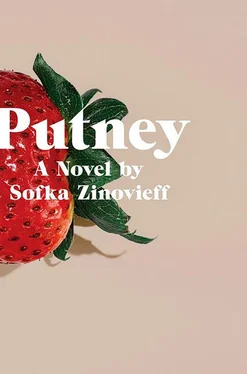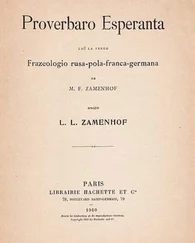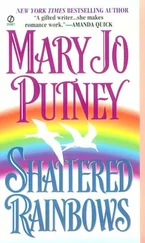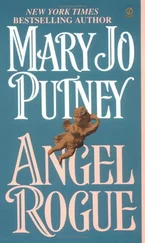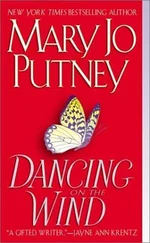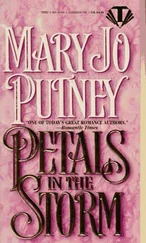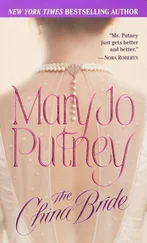‘Death baths,’ she and Daphne had called the scalding, perfumed immersions that they frequently shared. Until Jane met the Greenslays, bathing had been something functional, associated with the practicalities of hygiene. It was only with Daphne that she learned how to take a brim-filled bath so hot you turned feverish crimson and needed to rest afterwards. A drink, a book, a candle, or someone else at the other end of the tub were regular Greenslay variations on a theme that was all about indulgence and only incidentally about washing.
They had found each other in the first days at Hayfield, attracted by a sense of belonging, mocked as posh girls. Physically, they were not well matched. Daphne was compact and lithe, Jane was tall and physically ‘mature’ for her age. At eleven, her breasts had already expanded. Actually, everything had expanded. Puberty arrived like a shocking, foreign invasion, and while many of the other girls had not begun the whole bloody process, Jane was obliged to deal with the humiliating embarrassment of sanitary towels and bras, not to mention being the galumphing Gulliver of a girl in a class of Lilliputians. At the start of the first year, almost all the boys were smaller than her. They were still children, but they knew how to inflict pain. They sniggered when her name was read out during class register (Jane Fish came right before Daphne Greenslay), they stared at her chest and at break time they made rude remarks, like ‘Big Fish’ or ‘Chips’, and pretended they could smell a fish shop.
She wasn’t fat. She could see that now in the old photos. But she felt chunky. Hefty. Even her hands and feet were meaty. The feeling of the words pursued her, even if none of these adjectives applied to her in adult life. It was as though the early comparisons to her friend had been fixed. Daphne’s skin was always slightly gold – intensified by summers in Greece – whereas Jane felt white and pink, almost swollen, in comparison. True, the glasses were unfortunate, with their ice-blue, NHS frames. As she grew taller, not stopping till she reached five foot eleven, she hunched and stooped as though apologising for taking up too much room. It was like an elephant running around after an antelope, she thought, always able to be unkind to herself.
It didn’t make any difference that she’d been the clever one at school. She won prizes and was often top of the class, whereas Daphne was always getting into trouble for poor schoolwork and failed exams. It was Jane who helped her with essays and gave her the answers in tests, who tidied her room when it was so messy she couldn’t find any clothes to wear, let alone locate her schoolbooks. But it had been the physical, bodily things that loomed large. She always hated the game where you must choose in order of preference to be beautiful, good or intelligent. It was so obvious that beauty must come first; people believed you were good and intelligent if you were beautiful. Her stooping, bespectacled years were left behind after her mid-teens, and by the time she was eighteen there were enough well-meaning wankers talking about ugly ducklings and swans for her to realise that she’d changed.
She didn’t want to think any longer about those days; there were still episodes she refused to revisit. Jumping up, she showered with icy water, putting an end to the wallowing in overheated thoughts. It was fine. Of course she would see her old friend. She was actually curious about what had become of Daphne after all the early disasters.
Michael made an affectionate fuss about getting her to come to the table so the Arborio rice was perfectly done, and he grated Parmesan over her plate with a flourish. He had the inexpert pride of the new enthusiast, but all the cookery books and his manly butcher’s apron could not disguise the fact that he was a late starter and his culinary skills were still developing. To compensate, Jane made more compliments than necessary, even though the risotto was slightly underdone. She had no doubt she was a fortunate woman. They drank Italian red wine – Saturday tomorrow – and Michael listed a few of the day’s horrors at school: the same old stories of dwindling funding, swelling class sizes and overworked teachers. ‘And to cap it all, the school governors didn’t agree to our refurbishment spend.’ He had almost run out of outrage and she could only commiserate.
‘I got a message from Daphne Greenslay today.’
‘Ah.’ Michael looked distracted, finishing off the salad, half-listening.
‘Do you remember her?’
‘Um, was she…’ He paused, paying more attention. ‘Oh, the one who came to our wedding?’ He grimaced. Daphne had turned up late and was clearly drugged or deranged. Horribly emaciated, she had dirty hair and didn’t appear to have changed her clothes for days. When Jane kissed her at the reception, she noticed a rancid smell. She was like a bad omen – a sick bird flapping over the festivities.
‘That’s the one.’
‘Went off the rails? Didn’t she move to Greece?’
‘That’s right. She’s half-Greek. Was married to a Greek for a bit. We were at school together. Best friends. You remember. The thing is, she got in touch again. Says she’s moved back to Putney Bridge. She wants to meet.’
‘What do you think?’
‘I’m a bit nervous. I haven’t seen her for decades.’ She laughed to make the comment appear lighter than the strange, internal electricity that was sparking compulsion and fear. ‘I’m not really sure why. For so long it felt like the right thing to keep my distance, almost as if her chaos might be contagious.’
‘Maybe you can just send a polite reply and leave it at that? It doesn’t have to be a big deal, does it?’ Michael began stacking plates, his movements expansive from the wine.
‘Yes, but then I expect she’s settled down now. She’s got a child. I suppose I’m intrigued.’
She helped clear the table and put her arms around him from behind as he stood at the sink. He jumped slightly, then turned and kissed her full on the lips before breaking free and going back to the washing-up. She said, ‘Shall we watch another episode tonight?’ Their tranquil evenings on the sofa watching streamed television series were an enjoyable feature of the empty nest. They’d probably fall asleep there, especially after the wine, and there would be a blurry-mouthed stagger up to bed in the room they’d shared since they were first married, where she’d breastfed their babies in the night, where they’d stifled sounds their sons shouldn’t hear, where they’d been ill, had Sunday breakfasts in bed, and where, with any luck, they would grow old.
—
She woke to a brilliant morning, sunshine streaming in through the gaps between the curtains. It must be late – at least eight – as there were the sounds of tennis being played in the nearby courts and Michael was already up. In fact he’d probably left, as he did nearly every Saturday, to join his friends for a fry-up at a café near the common before football practice. Looking out of the window it appeared that, after so long waiting for the end of winter, this April day was everything you’d want from the tender season of hope. The row of back gardens was brimming with evidence: leaves sprouting every shade of green and spring bulbs that had pushed up their colourful, scented offerings through city soil.
Her uneasy dreams had been filled with Daphne. Sitting at the kitchen table in her dressing gown, she drank tea and logged on to Facebook. There it was, the banal little message accompanied by a photograph of her old friend, tousle-haired, laughing and bathed in golden light that could only be Greek.
Hello Jane, old friend. It’s been too long. I’ve moved back to the south-west – right by the river, opposite Barnabas Road, and I thought of you. I’m here with my daughter Liberty. Are you still in this part of London? Shall we meet? Lots of love, Daphne
Читать дальше
